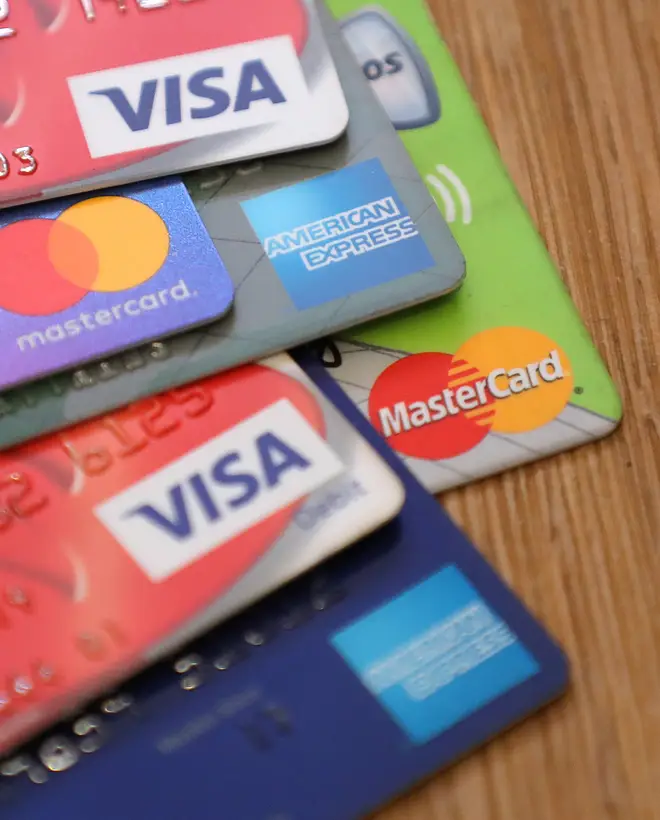
James O'Brien 10am - 1pm
24 May 2021, 13:24

Men have also been more likely to gamble as a way of coping with financial challenges, the research said.
Men are more likely than women to have both applied for credit and been turned down for it during the coronavirus pandemic, according to research.
Nearly a quarter (24%) of men applied for credit between March and October 2020 compared with 18% of women.
Meanwhile, 11% of men were declined credit compared to 8% of women, according to an article published on the Financial Conduct Authority’s Insight website.
How people reacted after being refused credit also varied, the article said.
Among those who had been declined credit, 44% of women “went without”, compared with 35% of men. A slightly higher proportion of women than men (28% versus 24%) reported borrowing from friends or family.
A higher proportion of men than women used their savings (30% versus 22%).
Around one in five (18%) men turned to another regulated lender compared to 13% of women. A higher proportion of men than women (14% compared to 8%) borrowed from an unlicensed or informal money lender.
A higher proportion of men have borrowed on one loan to make payments on another – 6% – compared with 3% for women, the article said.
Meanwhile, 22% of women have cut back on essentials compared with 16% of men.
Around 4% of men had gambled more in an effort to cope with the financial challenges of the pandemic, compared with 2% of women.
The research also suggested restrictions on access to cash during the pandemic has been more problematic for men who rely heavily on coins and banknotes.
Since the end of February 2020, two-fifths (40%) of men who were heavily reliant on cash found reduced access to bank branches and ATMs since Covid-19 started to be a major inconvenience, compared with a third (32%) of women.
Content for Insight, which aims to stimulate debate, is written and compiled either by FCA staff, or outside experts.
Commenting on the article, Sarah Coles, a personal finance analyst at Hargreaves Lansdown, said: “Men tend to be on higher and more reliable incomes, so feel more comfortable that if they borrow they’ll be able to pay it back. They may also be able to access cheaper borrowing if they have a good credit record.
“Women, meanwhile, tend to be operating closer to the margins. It means when crisis struck they were much more likely to cut back on essentials and do everything they could to make ends meet without borrowing more.
“They may be unable or unwilling to borrow more, because they are concerned about repayments.
“However, it’s not just a matter of means, because even when they can’t afford to borrow more, men have given it a go anyway: 11% of men have applied for credit and been turned down during the crisis, compared to 8% of women.
“When they’re knocked back for credit, women are far more likely to have done without whatever they were hoping to borrow for, while men are more likely to hunt down other lenders willing to give them cash.
“The FCA found that some people have taken truly worrying steps to try to solve their money problems – including the 14% of men who were turned down for debt who approached an unlicensed lender, and the 4% of men who have tried to solve their money issues by gambling more.”
Ms Coles highlighted debt help charities such as StepChange or National Debtline.